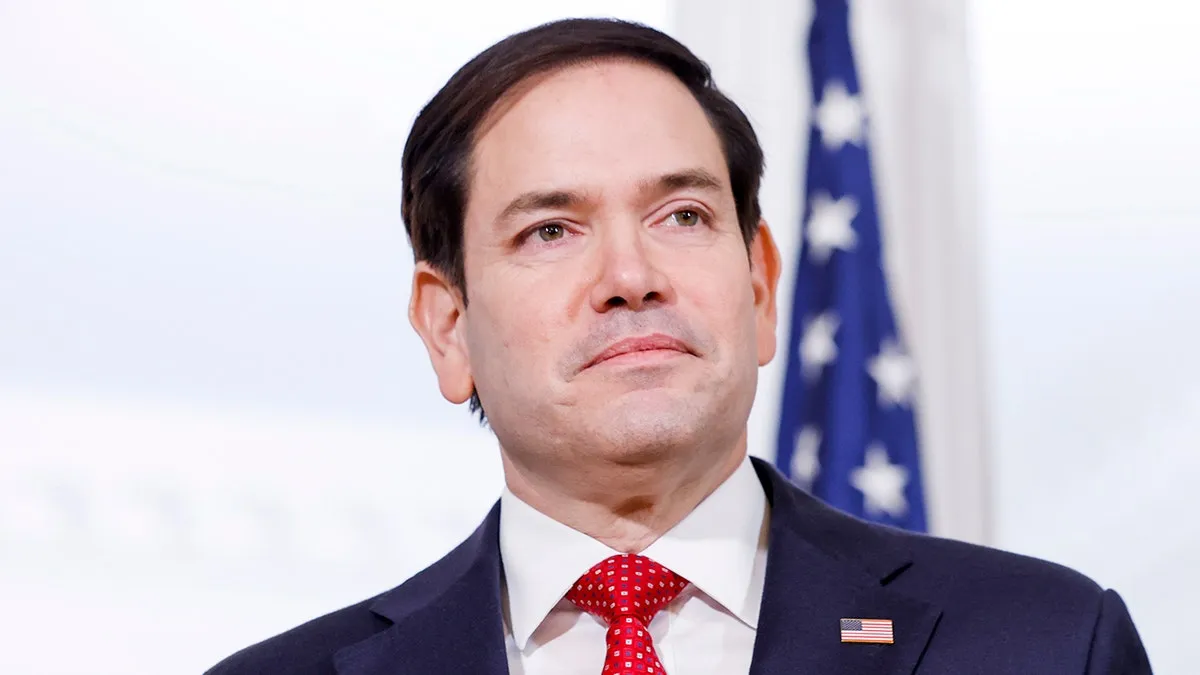State Department Closes Office Dedicated to Disinformation Monitoring
In a surprising turn of events, the U.S. State Department, under the new administration, has announced the closure of an office specifically set up to counter disinformation campaigns from foreign adversaries including Russia, China, and Iran. This decision, described by Senator Marco Rubio as a move that ‘was supposed to be dead already,’ raises significant questions regarding the federal government’s commitment to protecting free speech while simultaneously combating misinformation.
Background on the Disinformation Office
The office in question, officially known as the Global Engagement Center (GEC), was established as part of the State Department’s efforts during the previous administration to identify and curb false narratives being circulated by foreign entities. The primary focus was on combating misinformation, disinformation, and propaganda propagated by opponents seeking to destabilize democratic processes either in the U.S. or around the globe.
Formed in 2016, the GEC’s mandate was to work with various governmental and non-governmental organizations to identify disinformation campaigns, analyze the nature and impact of these campaigns, and communicate effectively to counteract misinformation. The office aimed to serve as a vital tool in maintaining national security and promoting a well-informed public.
Political Repercussions and Motivations
Senator Rubio’s statement suggests considerable bipartisan concern over the closure. Rubio, alongside other lawmakers, voiced the opinion that dismantling the GEC undermines the U.S. government’s ability to safeguard against threats posed by disinformation. In the wake of the ever-evolving digital landscape, especially with the rise of social media as a powerful tool for information dissemination, the need for vigilant monitoring of foreign campaigns is more pressing than ever.
Critics of the move argue that it reflects a broader strategy by the current administration to distance itself from the previous administration’s initiatives—regardless of their effectiveness or relevance. Dismantling the GEC is seen by some as prioritizing political alignments over national interests. The closure also raises concerns about what might be next on the list of dismantled initiatives aimed at protecting democracy.
Free Speech vs. Disinformation
One of the administration’s stated priorities has been the protection of free speech. This emphasis poses a dilemma when it comes to countering foreign disinformation campaigns without encroaching on citizens’ rights to freedom of expression. Proponents of free speech warn that overregulation or excessive government monitoring could infringe on individual liberties.
However, free speech advocates argue that misinformation should be counteracted effectively to maintain an informed electorate. They maintain that failure to address disinformation directly threatens the democratic process by allowing false information to spread unchecked, often leading to real-world consequences.
This nuanced balance underscores the challenges the current administration faces as they seek to ensure both protection against harmful disinformation and the preservation of free speech rights. The closure of the GEC leaves a significant gap in the U.S. government’s ability to address what many experts believe is a growing threat to society.
The Consequences of the Closure
The implications of closing the GEC extend beyond the office itself. With rogue state actors continuously absorbing advancements in technology to create more sophisticated disinformation campaigns, the question arises: who will step in to fill the void? The responsibility now falls back onto independent organizations, think tanks, and social media platforms, which may not always be equipped to address the challenge effectively.
Moreover, experts worry that without a centralized effort within the government equipped to marshal resources and strategies to counter disinformation, the response to misinformation will become fragmented, less coordinated, and thus less effective.
Advancing Forward: The Role of Government and Society
The closure of the GEC suggests an urgent need for vigilance from both the government and civil society. Collaborative efforts among various sectors—government agencies, private companies, and non-profit organizations—are paramount in the fight against disinformation. As social media remains an influential platform for sharing information, tech companies must play a more significant role in curating content, addressing harmful misinformation, and promoting transparency.
Additionally, educational initiatives are crucial in helping the public become more discerning consumers of information. Media literacy programs can equip individuals with the tools necessary to recognize and evaluate information critically. The importance of fostering a media-savvy populace cannot be overstated, as the shared responsibility of combating misinformation lies with every internet user.
Conclusion: National Security and Democracy at Stake
The abrupt closure of the State Department’s Global Engagement Center marks a pivotal moment in how the U.S. approaches disinformation in an increasingly complex digital world. While advocates of free speech will likely continue to challenge government initiatives, there needs to be a clearly defined path forward that prioritizes the integrity of democratic processes without suppressing fundamental rights.
As the debate continues, it remains essential for scholars, lawmakers, and citizens to engage constructively on how to navigate the intricate relationship between information, disinformation, and free speech in today’s society. The stakes are high, and the fight against disinformation must persist if we are to protect the foundations of democracy itself.







